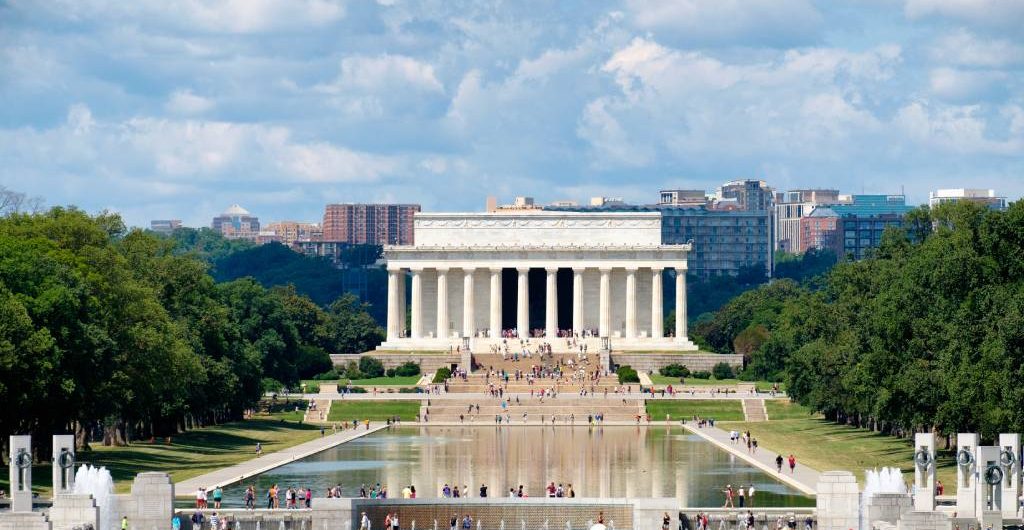
Washington D.C., often referred to simply as D.C., is the capital of the United States and holds a special place in the nation’s history, culture, and governance. Nestled on the eastern seaboard of the United States, this unique city is distinct from any other in the country. It serves as the epicenter of American politics and is a symbol of the nation’s democratic ideals. Let’s delve into the geography, history, government, landmarks, culture, and more that make Washington, D.C. a truly remarkable place.
Geography
Situated on the banks of the Potomac River, Washington, D.C. is bordered by the states of Maryland to the north, west, and south, and Virginia to the southwest. Its strategic location, approximately halfway between the northern and southern states, played a crucial role in its selection as the nation’s capital. The city is known for its distinctive topography, characterized by gently rolling hills and the absence of skyscrapers due to building height restrictions. Washington, D.C. experiences a humid subtropical climate with hot summers and mild winters, making it a year-round destination for visitors.
History
Washington, D.C. has a rich history that predates its establishment as the capital. The land was originally inhabited by Native American tribes, and European explorers arrived in the early 17th century. It became part of the English colonies and later played a pivotal role in the American Revolution. In 1790, the Residence Act was passed, designating the Potomac River as the site for the new capital. The city was officially founded in 1791, named after George Washington, and designed by Pierre Charles L’Enfant.
Government and Politics
Washington, D.C. is unique in that it is not part of any state but is a federal district, meaning it falls under the direct jurisdiction of the U.S. Congress. It is the seat of the federal government, housing the White House, Capitol Building, and the Supreme Court. The city has a mayor and a city council for local governance, but residents have limited representation in Congress. The issue of D.C. statehood and voting rights for its residents has been a long-standing political debate.
Landmarks and Attractions
One of the most iconic features of Washington, D.C. is the National Mall, a vast open space flanked by the Lincoln Memorial, Washington Monument, and the U.S. Capitol. It serves as a focal point for gatherings, protests, and celebrations. The city is also home to numerous memorials and museums, including the Smithsonian Institution, which boasts a collection of museums covering a wide range of topics, from art to aerospace.
Culture and Diversity
Washington, D.C. is a diverse and vibrant city, attracting people from all over the world. Its multicultural fabric is reflected in its cuisine, events, and arts scene. The city hosts various festivals, including the National Cherry Blossom Festival, celebrating the arrival of spring with the blooming of cherry blossom trees gifted by Japan.
Education and Research
The city is a hub for education and research, with renowned universities like Georgetown University and George Washington University. It also houses various think tanks, research institutions, and libraries, contributing to its intellectual vitality.
Economy
The D.C. metropolitan area has a robust economy, driven primarily by the federal government, professional services, and tourism. It boasts a low unemployment rate and a high standard of living.
Transportation
Washington, D.C. has an extensive public transportation system, including the Metrorail and Metrobus systems, making it easy to navigate the city. The city is also well-connected by highways and is served by several airports, including Ronald Reagan Washington National Airport.
Future Developments
The city is continually evolving, with ongoing urban planning projects and sustainability initiatives aimed at creating a greener, more accessible, and inclusive capital for the future.